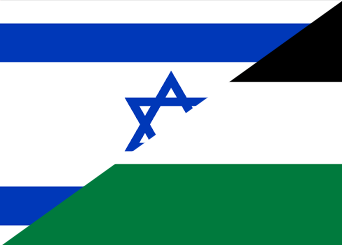- cross-posted to:
- politics@lemmy.world
- cross-posted to:
- politics@lemmy.world
How the Court’s Considered Measures Can Help America Restrain Israel
With one eye on the law and the other on its power, the International Court of Justice at The Hague has issued a preliminary ruling in favor of South Africa’s claim that Israel’s military assault on Gaza may plausibly be characterized as genocide. In a nearly unanimous vote, the court’s international panel of 17 judges ordered that Israel must do everything it can to prevent acts of genocide, clamp down on domestic incitement to genocide, and ensure immediate and effective humanitarian aid for Palestinians in Gaza.
Some may read the ICJ’s order as a limited legal intervention that refuses South Africa’s principal request for a ruling that would end Israel’s devastating campaign. The judges even offered an olive branch to the Israeli government, pointedly emphasizing that all parties to the conflict in Gaza “are bound by international humanitarian law” and calling for the “immediate and unconditional release” of the more than 100 Israeli hostages that remain in the custody of Hamas and other groups in Gaza.
But the court’s ruling also contains a hidden ambition: it challenges all states—and especially the United States—to take international law seriously at a time of increasing violence and conflict and decreasing respect for the authority of international legal institutions. Indeed, at a time when the Biden administration’s efforts to limit the war’s harm to civilians seem to be flailing, the court threw it a lifeline, a path to a new policy toward the conflict that is rooted in international norms. The White House should embrace the court’s ruling, deploying it as a new diplomatic tool to end Israel’s military operation and force Hamas to release the hostages it still cruelly and unconscionably holds in Gaza.


